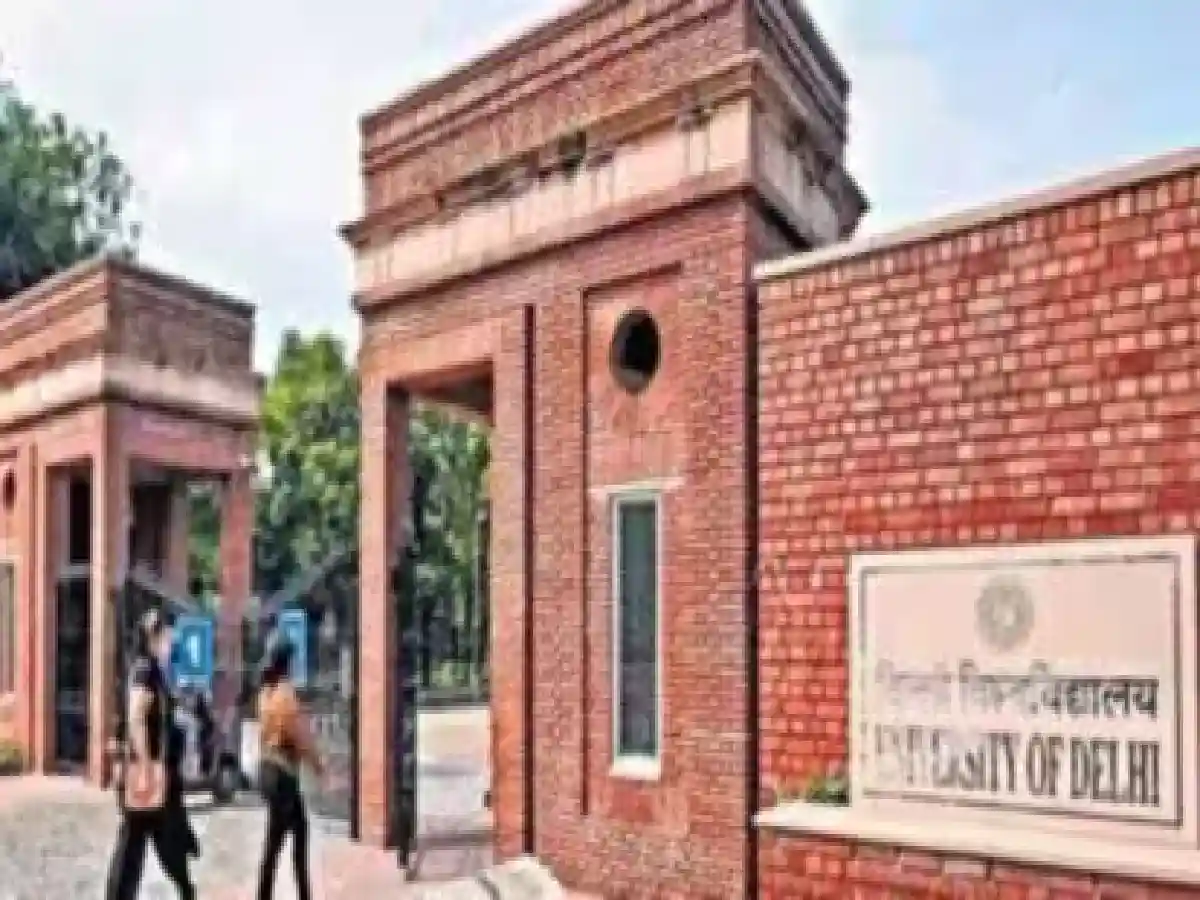An administrator from Delhi University (DU) informed The Indian Express that the University Grants Commission’s (UGC) decision to allow universities to accept students twice a year is unlikely to be implemented due to a lack of facilities and available seats.
“Even a single admission cycle is exhausting… We do not have the infrastructure or the seats to manage another round of admissions in the same academic year,” said the DU official, who requested anonymity.
Last week, UGC announced important modifications to its draft standards, including the implementation of biennial admissions to promote flexibility and conform with the National Education Policy (NEP 2020). The panel maintained that while bimonthly admissions are not necessary, the decision could afford “flexibility” to universities that may want.
The proposed guidelines’ core aspects include biennial admissions in July/August and January/February, various entry and exit options, continual formative evaluation, recognition of prior learning, and the ability to pursue two UG/PG programs. Students who qualify for national-level or university-level entrance tests are eligible for admission to any subject of the UG or PG programs, regardless of the disciplines they studied in Class 12 or UG.
However, the official highlighted that students frequently choose undergraduate or postgraduate courses that are closely related to their previous academic experience. Despite its opposition to biannual admissions, DU has supported other NEP 2020 reforms, such as a multiple entry and leave system. This technique allows students to interrupt and resume their studies.
UGC Chairperson M Jagadesh Kumar indicated last week that the commission’s overall purpose is to make Indian higher education more accessible, flexible, and globally competitive. “Students now have the option of receiving 50% of their marks in their major correction, while the balance of their credits can be allocated to occupational development, apprenticeships as well as or multidisciplinary courses,” the professor stated.

